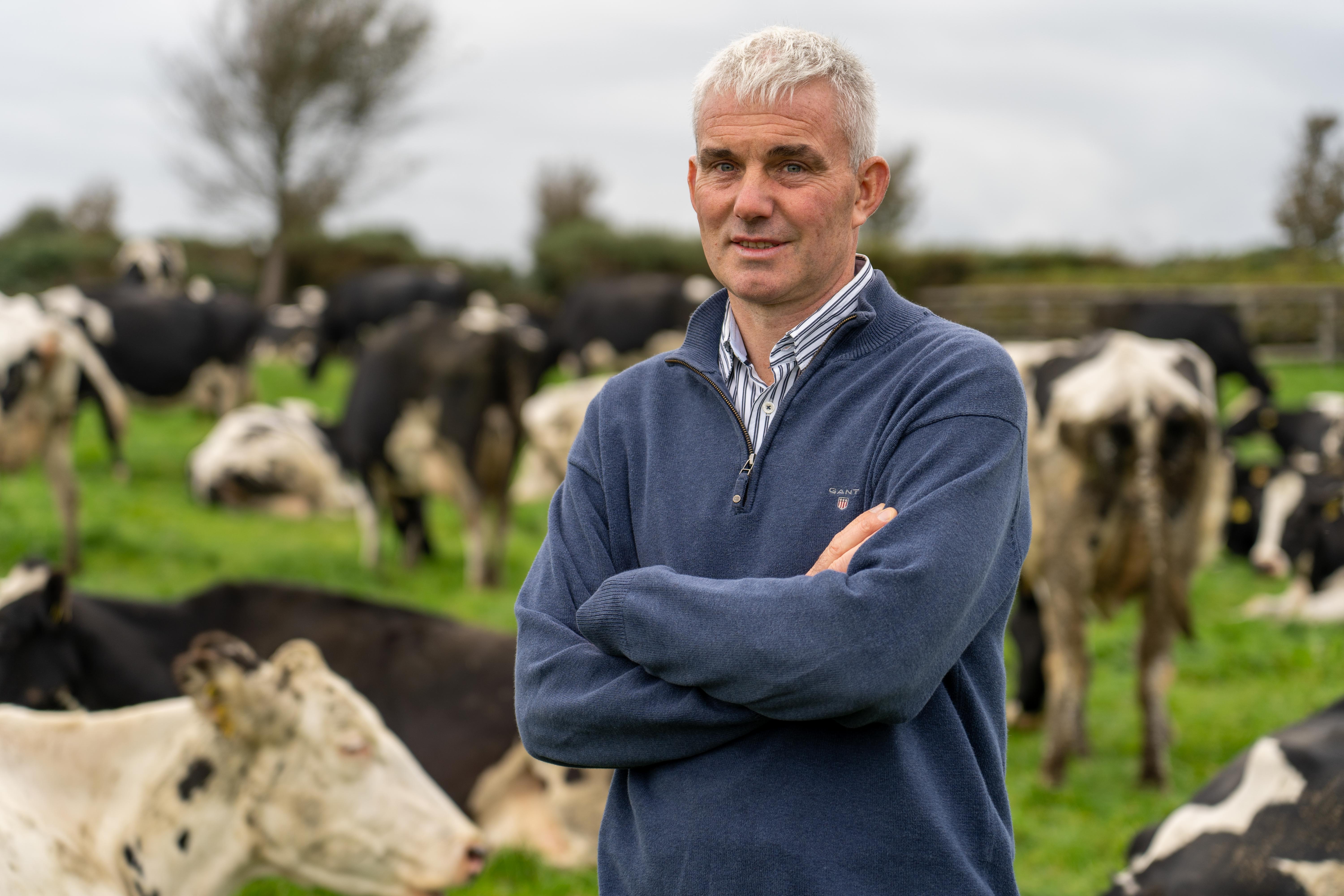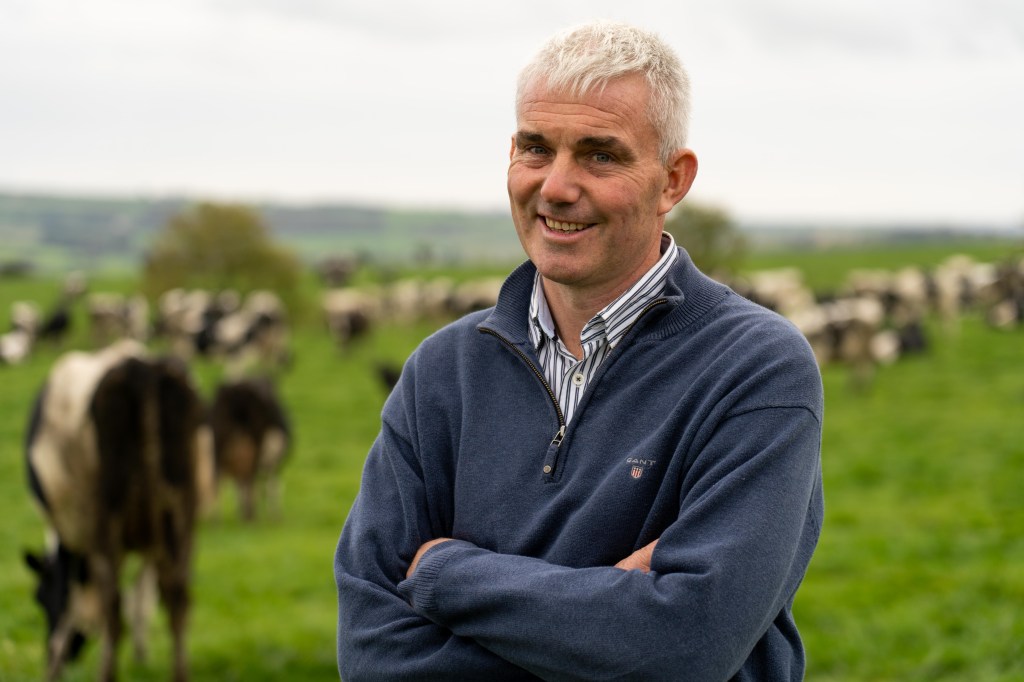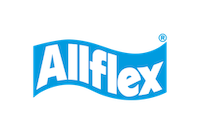
Moving forward with electronic tags
From July next year all new-born calves will be required to be tagged with Electronic Identification (EID) tags. All new orders for tags from next January will be supplied with EID tags.
Rickey Barrett is a milk producer and pedigree Holstein breeder based in Ballinhassig in Cork. Four years ago, he automated his calf feeding system and began a very fruitful journey into Electronic Identification of his calves using the Allflex tags from Mullinahone. In recent years, MSD Animal Health has acquired the Allflex brand and will continue to work with Mullinahone for the service and supply of ID tags. The first action MSD Animal Health implemented since the acquisition is a change to the tag being offered by Mullinahone.
According to John Heslin, MSD Animal Health: “The tag previously sold in Mullinahone was designed according to specific specifications for the Irish market. We made the conscious decision to improve our portfolio offered to Irish farmers. With that, the tag now available through Mullinahone is our Classic Ultra tag, which has market leading retention rates globally. This is a very important move for us and Irish farmers as we enter the era of mandatory EID.”

That is something Rickey Barrett has found very reassuring: “Mullinahone have provided great assistance and back up and the fact that MSD Animal Health is now involved gives me even greater reassurance.”
“I have the height of praise for the MSD Animal Health team and James Manley of Mullinahone. They couldn’t do more for me in ensuring that the whole EID system works well.”
Interested in Electronic Identification Tags?
From July next year all new-born calves will be required to be tagged with Electronic Identification (EID) tags.
Rickey Barrett, Milk Producer and pedigree Holstein breeder, Ballinhassig
It’s more than just a tag
Rickey acknowledges the huge benefits of the tags and also notes that they are not a substitute for good management: “The tags and data coming from them don’t replace husbandry, but they do eliminate a lot of unnecessary labour. We know the calves are taking in milk, that there are no calves sick or calves that are shy to come to the feeder. The combination of the automated feed system and the Allflex tag technology has cut out moving milk to the calf shed, eliminated individual calf feeding and improved the thrive of the calves.”
The next steps with Allflex Technology
At this stage all of the Barrett pedigree herd have EID tags. Any of the older ones had their original tags replaced with the new technology, as Ricky explains: “That has allowed us to feed all concentrates in the parlour, through the use of an automated system, with individual cows fed to yield and body condition needs. The next stage will be to incorporate heat detection with an automated drafting system. The Allflex tags (SenseHub) will allow us to do all that. The tag is the essential element of adopting new ways of managing the herd and individual animals.
Everyone knows at this stage that animal health is all about prevention where possible. These new technologies allow us to identify health problems almost before they happen. If an animal is off its feed, I will be immediately notified by the system. Likewise, with mastitis or identifying dry cow issues early which is where we want to act before it has a significant impact on the cow. For heat detection and compact calving, the ability to remotely identify cows in heat and automatically draft them will transform cow management for farmers. The cows are coming through the parlour to be milked anyway, so it makes sense to get as many jobs done as possible when they are passing through.”
Recording his appreciation for services rendered
Rickey Barrett is full of praise for the service he receives from MSD Animal Health and was also insistent on name-calling individuals and organisations who provide a range of services for the farm business: “The work that people in the industry generally do and the services they provide, including the likes of Barry Murphy in FDC, ICBF, Teagasc and IHFA often goes unnoticed. Without them, farming couldn’t function properly. That needs to be said,” he concluded.
